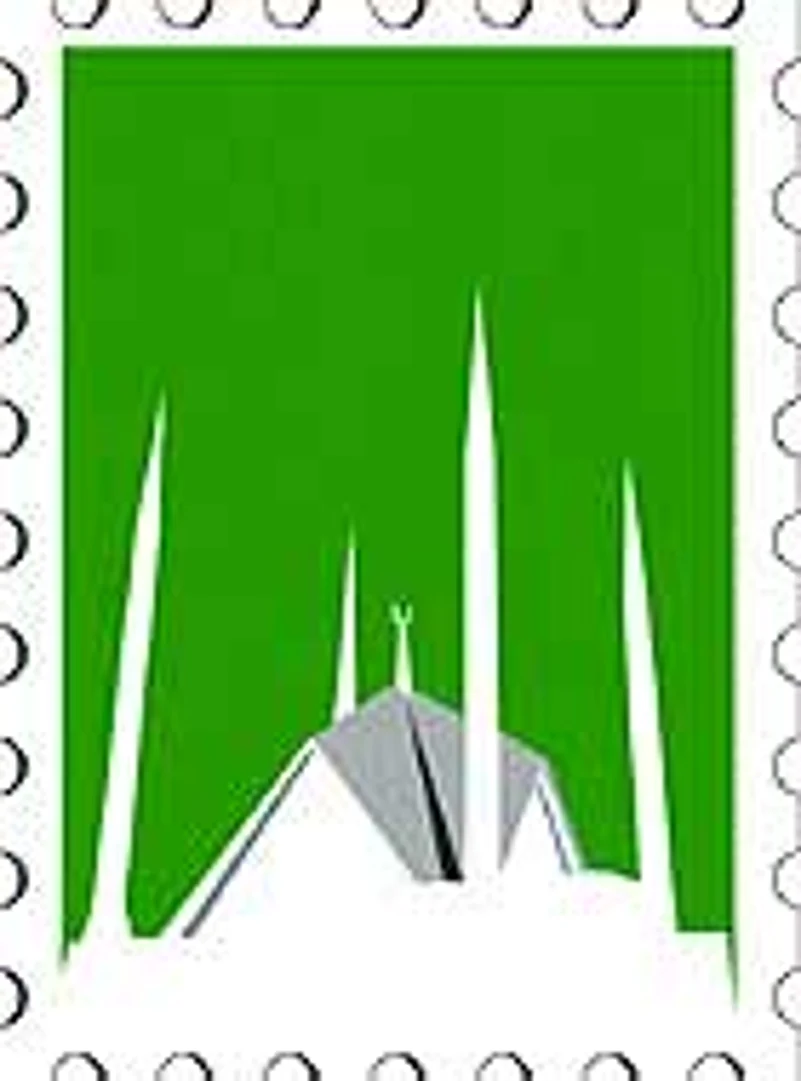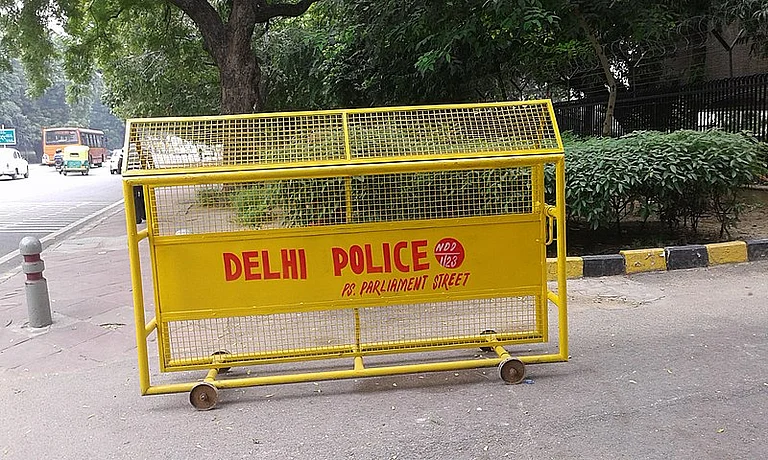
Busting Through the Sandbag
The young man from the Jinnah Institute seeing me off can hardly contain himself. “Sir, you have told Hafiz Saeed on Pakistani soil what so many Pakistanis would like to say, but do not dare to.” I smile at him and answer, “But I am told my party spokesman has condemned me for doing so.” “Oh no, sir, it took courage to do what you did,” he replies. I demur. “I will be home in a few days and all I have to fear is the wrath of my party. But you will be here. That is the difference.”
Hafiz Saeed had certainly been sprung on me without warning. I have been asking myself what I would have done had I been told in advance that I would be confronting him. I do not think I would have declined. On the one hand, it is the right of television anchors to decide whom they want to pit against the other in the bull-ring (I have even had to put up with the ghastly Rudy Pratap Singh). On the other, is it not better to have told the butcher to his face—and under the gazes of millions of Pakistani viewers, that too on what is undoubtedly Pakistan’s most popular talk show—exactly what I thought of him? I am not sure that running away or even walking off in a huff would have been the right response.
Moreover, why miss this opportunity to tick off Hafiz Saeed, as I did, by reminding him that he belongs to a tiny minority of Pakistanis who viscerally hate India, whereas the vast majority wish to have the best of relations with us? As also that it is nonsense to propagate his line that India is out to dismantle or destroy Pakistan. Asked by the anchor whether this was true, I said I disagreed with Saeed not one hundred per cent or one thousand per cent, but one lakh per cent. And as for his objecting to MFN treatment for India, I admonished those responsible for translating “most favoured nation” into “sabse pasandida mulk”. Translated back into English, the Urdu phrase means “most beloved country”, not “most favoured nation”, thus giving leverage to the likes of Hafiz Saeed to campaign against trade with India on the bogus semantic grounds that India could not possibly be Pakistan’s most beloved country. I added that as far as I was concerned, Pakistan was for me, at any rate, my most pasandida mulk!
A Conspicuous Consonance
Over my next five days in Pakistan, anonymous Pakistanis by the score, shopkeepers in shopping malls, staff at airports, drivers lounging in car parks, servants at the Sind Club, and friends and acquaintances at social encounters, not to mention an army of media persons at the Karachi Press Club were fulsome in their praise of my having given Hafiz Saeed a load of what they themselves were hesitant to give. Going by their plaudits, my encounter with Saeed through the talk show phone-in won me more friends among the Pakistani aam aadmi (and aam khatoon) than enmity with a few Lashkar-e-Toiba types.
I also picked up on a pronunciation error that I was told is preventing ordinary Pakistanis from realising the enormity of 26/11. Indians, particularly television anchors, who are followed assiduously in Pakistan, pronounce Ajmal Kasab’s surname as if the last syllable is “sub”. If the last ‘a’ is drawn out as in “kasaab”, the word then means “butcher” in Urdu and will immediately classify Ajmal Kasab as such in the Pakistani mind. I trust Barkha, Rajdeep and Arnab Goswami are reading.
The Saeed incident was not my first bump on Pak TV. On an earlier occasion, an anchor brought in someone over the telephone and I thought I heard the anchor introduce him as ‘Hamid’. Thinking it was Hamid Mir, an old friend—if years younger than me—I called out “Hi, Hamid”...only to discover that it was actually the dreaded former head of the ISI, General Hameed Gul. So now, in addition to the ISI, I have the LeT gunning for me.
Where’s the Beef?
I leave for Delhi amid a cloud of controversy. The previous evening I’d had a splendid time at the Karachi Press Club, an old haunt from my consul-general days some 30 years ago. Journalists I have known for decades jostle with young shavers and the questions flow thick and fast. I get the impression that everything is going swimmingly well even if the Pakistanis are celebrating “Kashmir Day”—an excellent opportunity to berate a visiting Indian—and am flattered by the beaming faces all around. Then I discover that the Dawn newspaper has reported my using “unparliamentary language” without saying where I have been wrong-footed. I certainly have no memory of having said anything untoward, let alone “unparliamentary”. I daresay I will discover what it is in the fullness of time. Meanwhile, I find myself caught between my party and the press. Talk of being stuck between a rock and a hard place!
Diplomat-turned-politician Mani Shankar Aiyar is a former consul-general to Pakistan






















